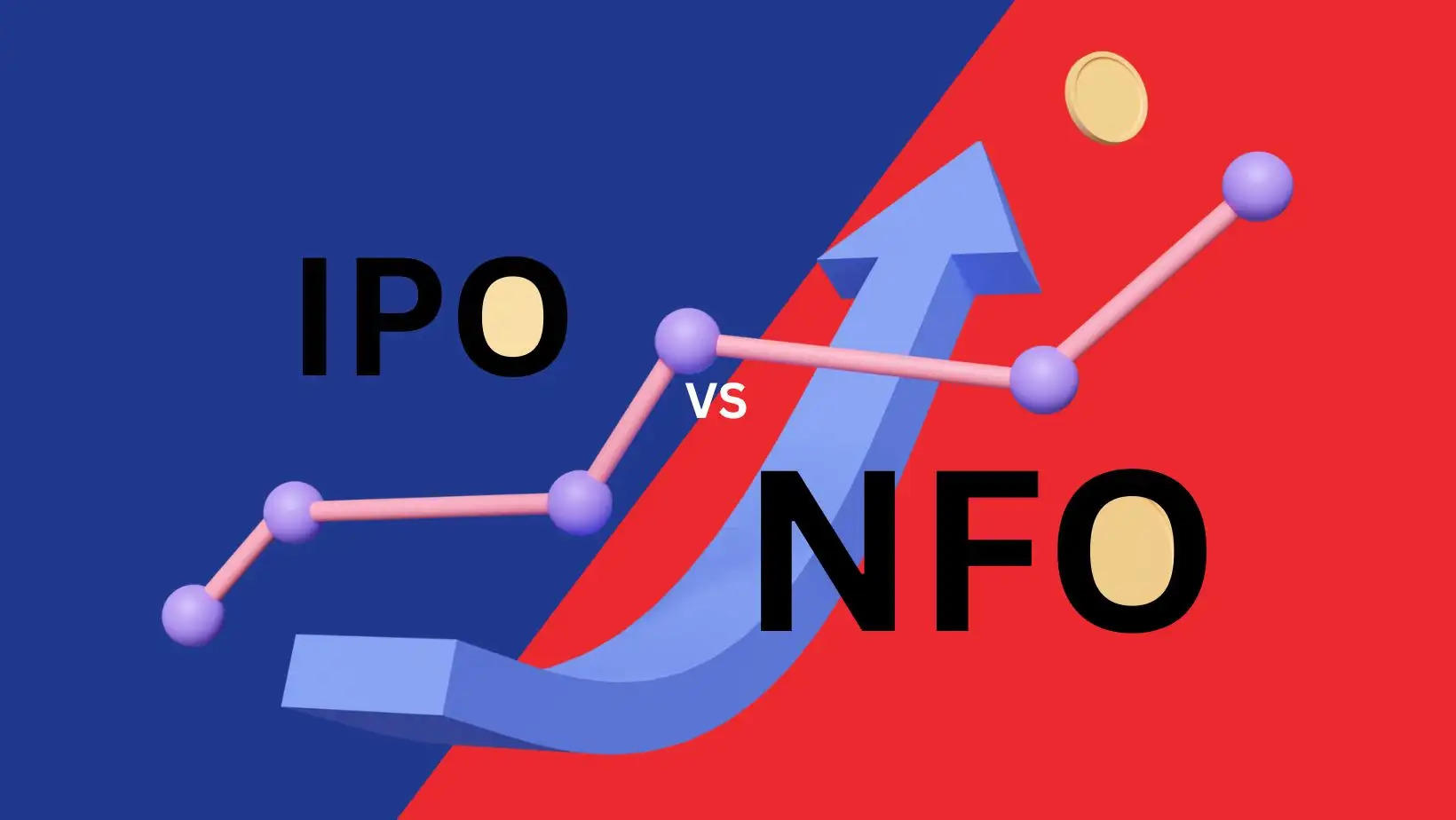Know the Difference Between NFO and IPO
In the powerful domain of money, where opportunities flourish and risks prowl, understanding the nuanced differences between New Fund Offers (NFOs) and Initial Public Offerings (IPOs) is urgent. These terms, frequently heard in financial circles, address particular ways in the investment scene
- NFO - The Gateway to Mutual Funds:
A New Fund Offer (NFO) connotes the introduction of a new mutual fund scheme. It denotes the commencement of a fund house's latest investment opportunity, welcoming investors to become pioneers in a freshly curated portfolio. Latest NFO are similar to a blank canvas, offering a scope of funds from equity to debt and hybrid options. By taking part in an NFO, investors draw in at the fund's ground level, obtaining units at the scheme's initial price.
- IPO - Embracing Company Ownership:
On the other hand, an Initial Public Offering (IPO) is a transformative event in a company's journey. It's the point where a privately-held entity broadens its viewpoints into the public domain. Organizations choose IPOs to raise capital, offering shares to the public interestingly. Investors, thus, immediately take advantage of the chance to guarantee ownership in the company, expecting future dividends and capital appreciation. IPOs are frequently injected with energy, as investors estimate on the company's potential and market demand, making them a foundation of stock market investments.
- Investment Focus:
New Fund Offers a transcendent spin around mutual funds, a different cluster of investment instruments overseen by experts. These include equity funds, debt funds, hybrid funds, and thematic offerings, furnishing investors with fitted options to match their risk appetite and financial objectives. Conversely, Initial Public Offerings are based on company shares. At the point when a company opens up to the world, its shares are made accessible for public buying, empowering investors to participate in the company's ownership journey.
- Purpose:
NFOs are organized to send off new mutual fund schemes, each planned with specific investment objectives. The funds gathered from investors are pooled and decisively allotted by fund managers, forming the fund's future direction. On the other hand, IPOs are an essential move by organizations to get new capital. This implantation of funds supports business expansion, technological advancements, debt reduction, and other growth initiatives, making IPOs a basic financial strategy for corporations.
- Risk and Return:
The risk-return dynamic fluctuates essentially between NFOs and IPOs. NFOs, because of their mutual fund nature, offer a diversified approach to risk. By spreading investments across different areas and instruments, mutual funds frequently moderate the effect of individual asset volatility.
- Liquidity:
Liquidity, the ease of buying and selling assets without influencing their prices fundamentally, separates between NFOs and IPOs. NFOs, especially mutual funds, brag about high liquidity. The open-ended nature of mutual funds permits investors to trade units straightforwardly from the fund house at the Net Asset Value (NAV). This consistent cycle guarantees that investors can change their mutual fund property expeditiously because of market changes. IPOs, once sent off, enter the stock market arena.
Conclusion
In the intricate universe of money, getting a handle on the nuances between NFOs and IPOs is fundamental. Latest NFOs offer diverse mutual fund opportunities, while the latest IPO give ownership stakes. Every road presents shifted risks and rewards, underscoring careful consideration for investors.
To join us on Facebook Click Here and Subscribe to UdaipurTimes Broadcast channels on GoogleNews | Telegram | Signal



